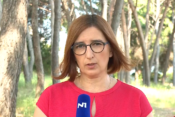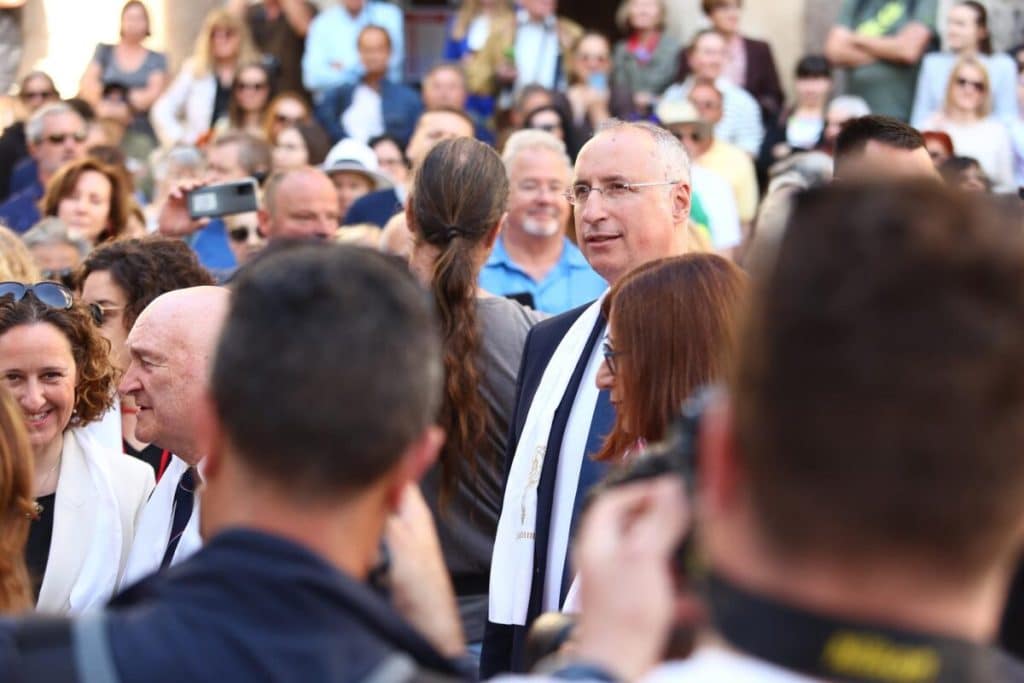The High Administrative Court annulled the Decision on the communal order of the City of Split because the consultation with the public, as one of the decision-making procedures, lasted 20 days, which is shorter than the planned 30 days.
The High Administrative Court points out that the provision of Article 11 of the Law on the Right to Access to Information stipulates that public consultation should be carried out, as a rule, for a duration of 30 days, except in cases where the consultation is carried out in accordance with the regulation regulating the procedure for assessing the effects of regulations.
The need to introduce communal order does not mean that these are extraordinary conditions
“According to the understanding of this Court, deviation from this rule is allowed only in exceptional and justified circumstances. The opposite interpretation, i.e. allowing a broad interpretation of the exception to the rule, could call into question the application of the prescribed deadline at all”, reads the verdict of the court panel headed by judge Gordana Marušić-Babić.

It was also explained that the consultation could be shorter only if there were extraordinary conditions that made it impossible to conduct the consultation within the legal term, with the fact that in that case the reason for the shortened duration of the consultation must be clearly explained in the explanation attached to the document submitted for the consultation.
“The very need to introduce communal order in the area of the protected cultural property of the Diocletian’s Palace, which the City of Split presents in its statement, does not point to the conclusion that it is about the occurrence of some extraordinary conditions, that is, exceptional circumstances that would represent justified reasons for the shortened duration of the consultation and deviation from of the rule prescribed by law, nor did the author of the act submit any evidence of the need for emergency intervention in the specified area,” the verdict reads.
The procedure for assessing the legality of the Decision on communal order was initiated by the trading company “Sara fashion doo Split”, represented by lawyers Mijo Jeličić and Marina Bosnić.
The decision prescribed fines for tourists in bathing suits and those who drink alcohol in public areas of 150 euros, as well as many other decisions – from throwing waste into the environment, occupying a public area without permission, leaving a vehicle without license plates on a public area and camping in places that are not intended for that.


Part of the terraces on Narodni trg, the iconic Pjaca, has shrunk, and two stalls have been removed, as have a number of ATMs and newsagents.
Ivošević announces a new Decision on communal order
The Deputy Mayor of Split, Bojan Ivošević, announced that the city government will make a new decision in which they will refine the details that they have noticed and plan to correct in the future.
“The reason for the urgency of making the decision was the upcoming tourist season and the possibility that restaurateurs have a transition period when making adjustments to the season. Until a new decision is made, no contract contrary to conservation guidelines will be signed, because we do not want to allow even the slightest damage to our cultural property. Until then, contracts that have been concluded in the meantime will remain in force on the field, because the Decision has not been annulled, but has been repealed,” said Ivošević.
It didn’t take long for political opponents to react, so he is the president of Split’s HDZ Tomislav Šuta assessed the verdict as “a slap to Bojan’s personal accounts and revenges against restaurateurs”.
“Thus, the government showed its elementary inability to pass the most basic documents that should be the basis of the functioning of the city,” said Šuta.
Track N1 via Android apps | iPhone/iPad and the Twitter network | Facebook | Instagram | TikTok.

